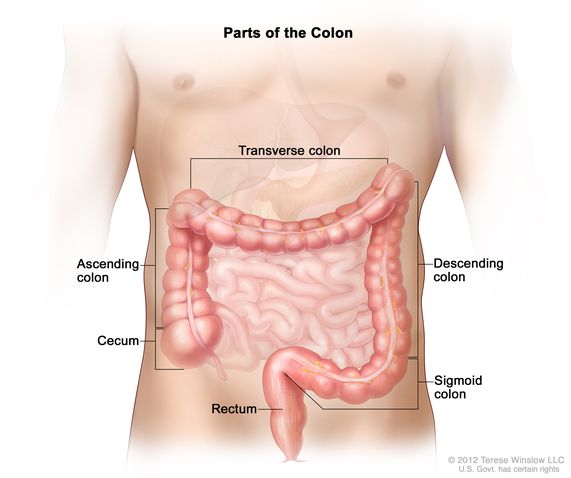incomplete colonoscopy
(in-kum-PLEET KOH-luh-NOS-koh-pee)
A colonoscopy that was attempted but could not be completed. A colonoscopy is an examination of the inside of the colon using a thin, lighted, tube-like instrument called a colonoscope to look for polyps, cancer, or other abnormal areas in the colon. An incomplete colonoscopy occurs when the health care provider is not able to advance the colonoscope through the entire colon to the cecum (a pouch that connects the colon to the small intestine). An incomplete colonoscopy is more likely to occur if the colon is not completely clear of stool or if a person has a low body weight, is a young female, or is having pain due to the test. Other factors that may lead to an incomplete colonoscopy include the presence of scar tissue, diverticulosis (small sacs or pouches in the walls of the colon), or a twisted, looped, or abnormally long colon.
